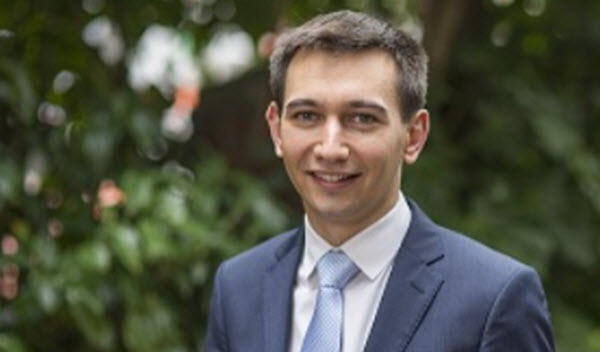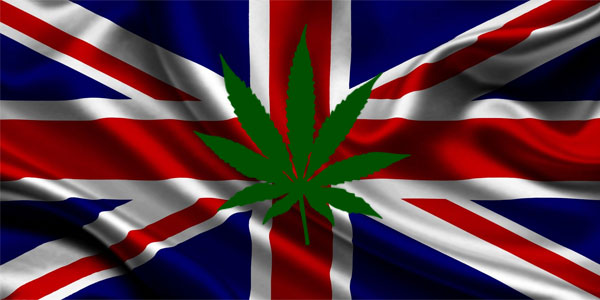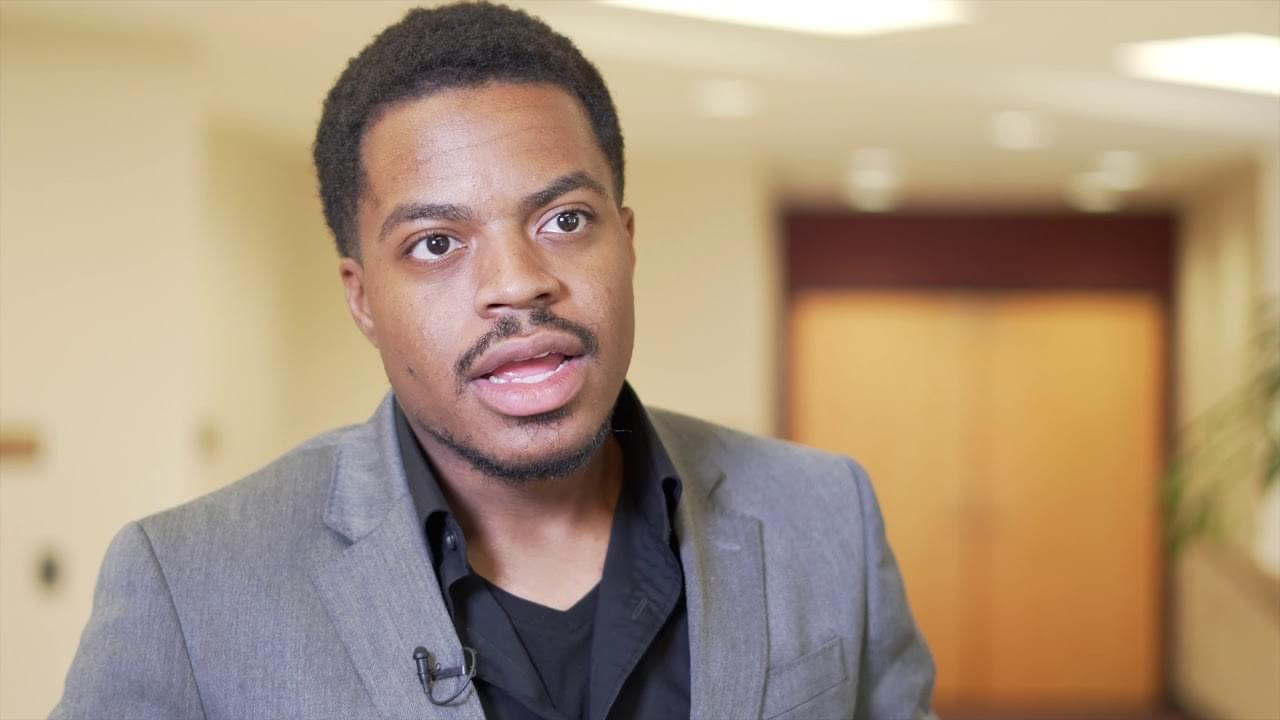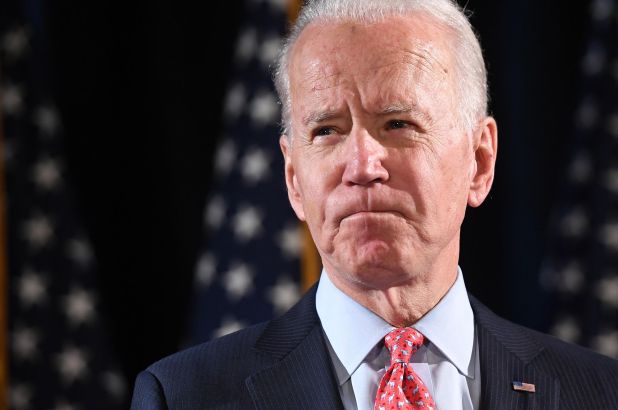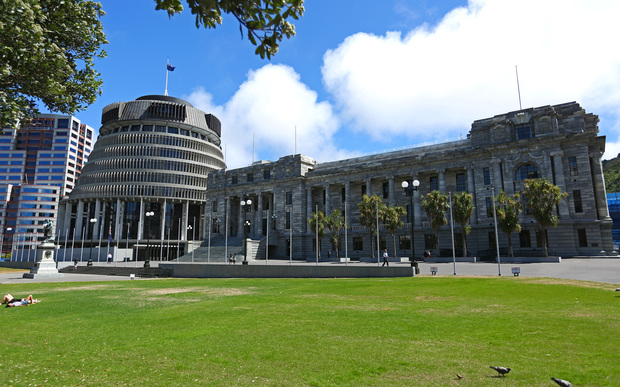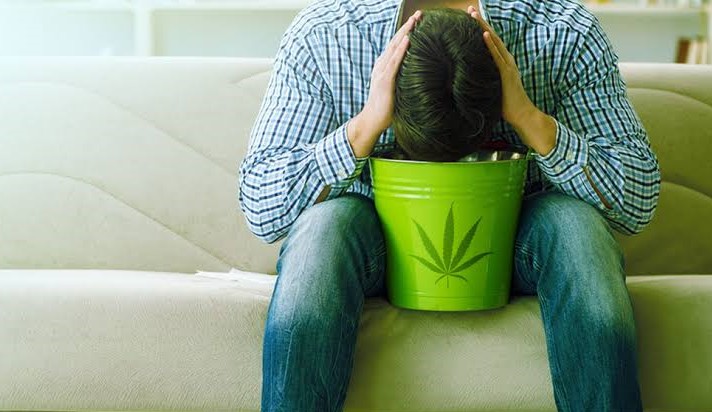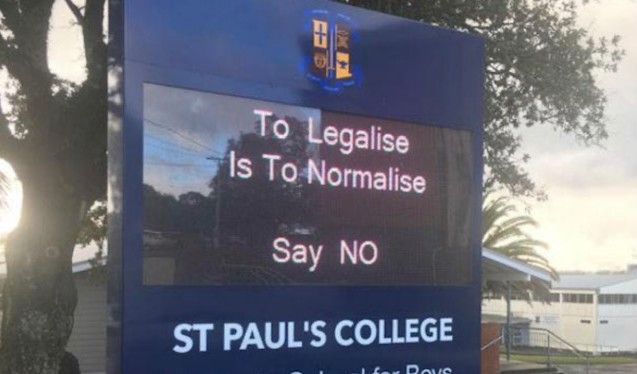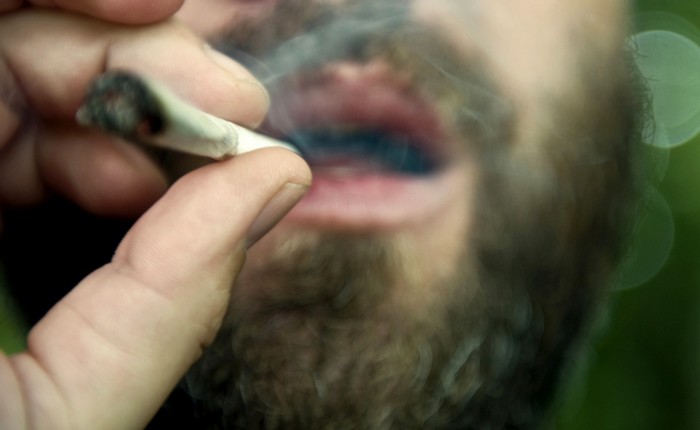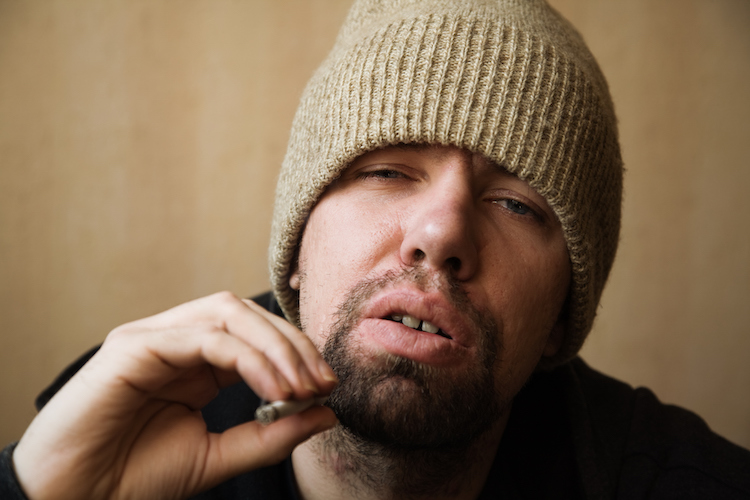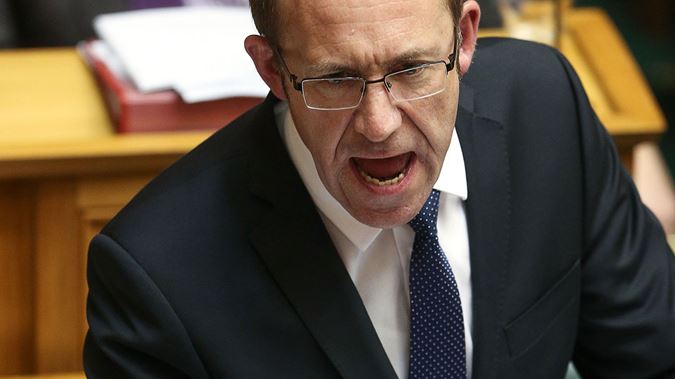
NewsTalk ZB 20 July 2020
Our additional comment: [The pamphlet] reads “the bill’s purpose is to reduce harm to people and communities.” No, it isn’t. The bill’s purpose is to legalise, or not, something that is currently illegal. You are voting yes or no, legal or illegal, nothing more. Could an outworking of the vote mean there might be less harm to people and communities? Possibly. Or indeed possibly not. Because that’s the case, you can’t make the claim something will happen, if in fact it might not. That’s fraudulent.
So the con continues to unfold from the government over the cannabis vote in September.
In my holiday mail was the official pamphlet, direct from the politburo. Putin would have been proud of it.
Remember the official line is that the government holds no view on this, this is our choice, and they’re staying out of it. If you still believe that you’ve been asleep or you’re not that bright.
When it was claimed Family First was getting money from an American lobby group, Andrew Little blew his lid. It was completely unjustifiable for a foreign group to involve themselves in a local debate and vote. But there was, of course, no money at all.
And yet this is the same Minister who has overseen a series of rules that allow people like the Drug Foundation to raise whatever they like from whoever they like and not have to tell anyone who those people are, and he is just fine with it.
Back to the pamphlet, it reads “the bill’s purpose is to reduce harm to people and communities.” No, it isn’t. The bill’s purpose is to legalise, or not, something that is currently illegal. You are voting yes or no, legal or illegal, nothing more.
Could an outworking of the vote mean there might be less harm to people and communities? Possibly. Or indeed possibly not. Because that’s the case, you can’t make the claim something will happen, if in fact it might not. That’s fraudulent.
The pamphlet ends with the question, “where can I get more information?” The answer, of course, is the internet. But they offer you one tiny piece of the internet, namely their own website. Can we conclude that if that particular piece of the net they’re sprooking is as gerrymandered and biased as the pamphlet, then the only information you’ll be getting is the stuff they want you to see?
READ MORE: https://www.newstalkzb.co.nz/on-air/mike-hosking-breakfast/video/mikes-minute-government-being-dishonest-over-cannabis-vote/

